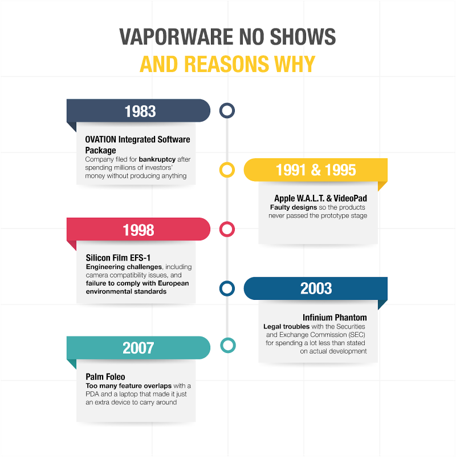I'm going to start out this topic where Jimmy usually signs off - It Takes a Village. Not to get too philosophical on who or what our village entails (IYKYK) but generally speaking our community is comprised of our Core 4 - Portfolio Partners, Syndicates, Strategic Connections and our Hospitality Network. So nothing gets us more excited than when friends within our community come together to partner and grow.
The restaurant industry has seen a slew of partnerships come to fruition, both benefiting from these mutual agreements. For example, what begins as a technical partnership may also become a marketing, channel or strategic partnership.
But let's rewind for a moment. You might be surprised to learn that the partnership landscape hasn't always been as open and exciting as it is today. In the old days of enterprise software sales, the focus was on landing the biggest deal possible while keeping competitors at bay. It was a cutthroat world where some providers resorted to false claims about their capabilities, only to scramble to develop them later in what could only be described as a mad rush. This deceptive practice was so prevalent that it earned the infamous nickname "vaporware." (you might even recognize some of the most unforgettable vaporware products here).

These underhanded tactics were particularly notorious during the early days of ERP and supply chain management, resulting in catastrophic consequences and even sparking class action lawsuits. It became clear that the short-term gains from winning mega deals were vastly overshadowed by the long-term damage caused by dishonesty and negligence.
That being said, the business of partnerships has evolved and today companies are realizing the power of collaboration and what it can bring to their businesses. As Howard Schultz, CEO of Starbucks said, "Success is best when it's shared." You may recall some of the most influential co-branding campaigns. For example, when Apple released ApplePay it revolutionized how people performed transactions. In an effort to get ahead of it's competitors, MasterCard became the first credit card company to allow its users to store their credit and debit cards on Apple Pay. This was done through a co-branding campaign with Apple.
There are many factors that come into play when companies decide to break bread with one another. So why do companies partner?
-
Access to new markets: Companies often partner to gain entry into new markets where they have limited or no presence. By collaborating with a partner who has an established foothold in a particular market, companies can leverage their partner's existing customer base, distribution channels, and local expertise to expand their reach.
-
Enhanced product offerings: Partnering allows companies to combine their respective products or services to create a more comprehensive and compelling offering for customers. By joining forces, companies can leverage each other's strengths and capabilities to deliver a more complete solution that meets customer needs more effectively.
-
Increased brand visibility: Collaboration with another company can enhance brand visibility for both partners. By leveraging each other's marketing channels, networks, and customer bases, companies can reach a wider audience and increase their brand recognition, leading to improved visibility and awareness in the market.
-
Shared resources and cost reduction: Partnerships can provide opportunities for companies to share resources and costs. By pooling together their expertise, infrastructure, and resources, companies can achieve economies of scale, reduce expenses, and maximize operational efficiencies, leading to cost savings for both partners.
-
Access to new technologies and expertise: Collaboration allows companies to gain access to new technologies, innovations, and specialized expertise. By partnering with organizations that have unique capabilities or intellectual property, companies can tap into new knowledge, skills, and technologies that can accelerate their own growth and development.
-
Risk sharing and diversification: Partnerships enable companies to share risks and diversify their business. By teaming up with a partner, companies can spread the potential risks associated with entering new markets, developing new products, or pursuing innovative ventures. This shared risk approach can provide a level of security and stability for both partners.
-
Business expansion and growth opportunities: Partnering offers opportunities for business expansion and growth that may not be achievable independently. By leveraging the strengths and resources of each partner, companies can pursue larger contracts, enter new geographies, and explore new business avenues, leading to accelerated growth and increased market presence.
Here are some notable partnerships in the food service industry in 2023:
- PYMNTS: Steak 'n Shake Partners With PopPay as More Restaurants Try Biometric Payments
- Nation's Restaurant News: Grubhub partners with Hot Ones for delivery of ‘As seen on YouTube’ wings
- Verdict Food Service: OpenTable and Shift4 partner to integrate data for restaurants
- Hotel Dive: Marriott taps SevenRooms as preferred restaurant technology provider
- Newswire: Valyant AI expands QSR market share with CKE Restaurants agreement
- QSR: Yum! Partners with Investment Firm to Lend $50M to Franchisees
- MarketWatch: Banyan Acquisition Corp. combining with Pinstripes in SPAC restaurant deal valued at $520 mln


